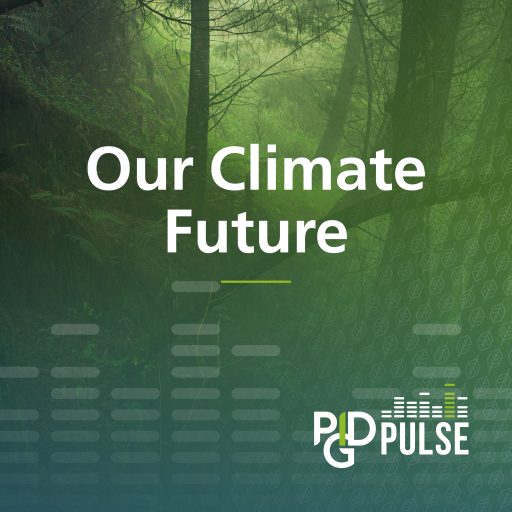
#7 Our Climate Future
As governments come under fire over a lack of action on climate change, it’s becoming increasingly clear that words are not enough. At PIDG we take our role in climate action seriously - it’s a major consideration in every single investment and operation decision we make. Lower income countries, those that PIDG operates in, may produce the least carbon emissions, but they’re the hardest hit by climate change. So how do we ensure investment is directed where it’s needed most?
In this special episode we hear from climate change expert Rachel Kyte, committee member for PIDG, Dean of The Fletcher School, and advisor to the UK government for COP26. To find out more about PIDG’s approach to climate action, visit our website.
Latest Episodes

#24 What ‘Impact’ Really Means – And How To Plan and Measure It
What does the word ‘impact’ really mean? Measuring impact in all its forms is central to how PIDG works with partners and local communities to enable long-lasting, meaningful change.

#23 World Day for Safety and Health at Work – The Drivers of Business Success
Good Health and safety performance requires a positive health and safety culture. This is not a nice-to-have - it’s about protecting and saving lives, making projects sustainable and delivering long-term value to your employees and customers. Yet we are still seeing a lack of consideration being given to the importance of Health and safety.

#22 Earth Day – Sustainable Solutions for a Greener Future
As climate change continues to disrupt ecosystems, economies, and communities, this Earth Day we know that sustainable solutions are more important than ever. At PIDG, we believe achieving a cleaner, greener future isn’t just about protecting nature - we must also empower people with the tools to thrive sustainably.

#21 International Women’s Day Special: The Urgent Need To Accelerate Action
This is an International Women’s Day special of PIDG Pulse.